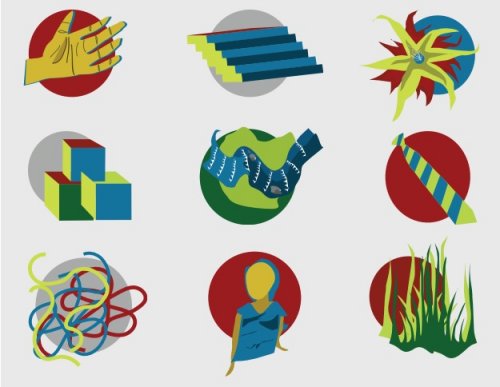A Major Paper submitted to the Faculty of Environmental Studies in partial fulfillment of the requirements for the degree in Master in Environmental Studies, York University, Toronto, Ontario, Canada. July 2017
This paper examines the sufficiency of the worker cooperative model in addressing precarious employment within marginalized communities with a specific focus on immigrant and low-income South Asian immigrant women in Ontario.
Download Worker-Owned Cooperatives in Marginalized Communities: Incompatibility and Innovation
Using qualitative research methods (i.e. literature review and loosely structured interviews), this paper weaves together perspectives from six individuals from different areas of the cooperative sector: 2 representatives from second and third tier cooperative organizations, 2 representatives from worker cooperatives in Ontario, and 2 individuals with experience working with grassroots organizations in marginalized communities and worker coops.
The paper also explores how second and third tier cooperative organizations can reimagine their roles and services to better facilitate the inclusion of marginalized communities within the cooperative sector. The research concludes that the lack of cooperative history and cooperative education combined hinders the culture of cooperation, which results in the lack of government support and cooperative capital available. All of these factors combined contribute to the fear of failure, which is intensified by several past failures of cooperative initiatives. This inhospitable external context greatly hinders the potential of the worker cooperative model in marginalized communities and the capabilities of second and third tier cooperative organizations.
Table of Contents
List of Tables viii
List of Figures viii
List of Abbreviations ix
CHAPTER 1: Introduction
Theoretical Groundwork
Methodology
CHAPTER 2: Context: The Cooperative Sector of Ontario
Major Stakeholders in the Cooperative Sector and their Limited Capabilities
Lack of Cooperative Culture
Lack of Cooperative Education
Lack of Government Support
Lack of Cooperative Capital
Cooperative Sector’s Fear of Failure: Negotiating Exclusivity
CHAPTER 3: Findings: Profiles, Compatibility and Pathways
Profiles
Profile 1: Urbane Cyclist
Profile 2: Planet Bean Inc.
Profile 3: Iffat Zehra on Two Worker-Coops composed of South Asian Women from Immigrant Communities
Profile 4: Thorncliffe Park Women’s Committee (TPWC)
Diverse Needs and Priorities in Marginalized Communities
Emphasis on Differentiation: Identity and Definitions
Pathways and Integrated Models for Marginalized Communities
Role of Second and Third Tier Organizations: Recommendations
CHAPTER 4: Conclusion
Summary of Arguments
Further Research
Works Cited





